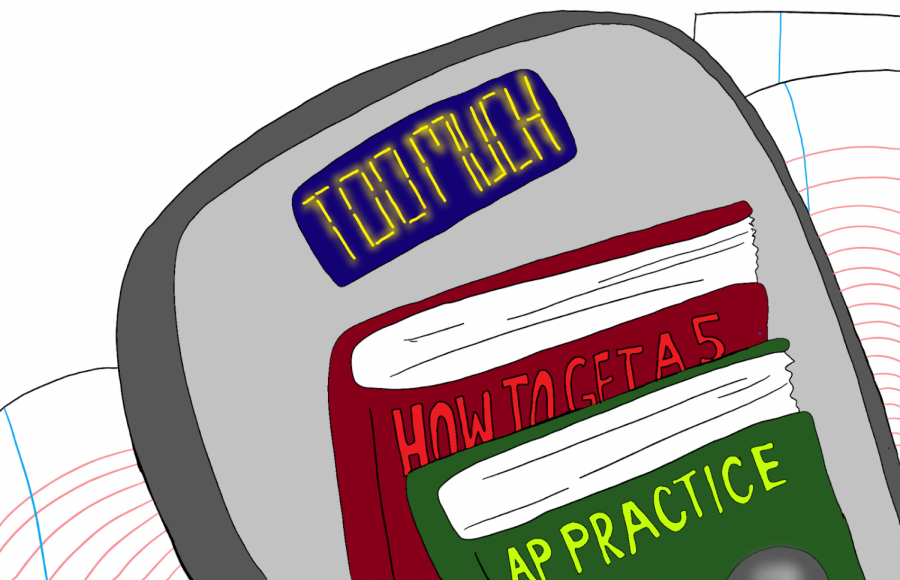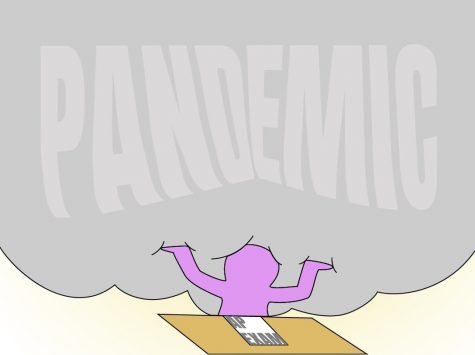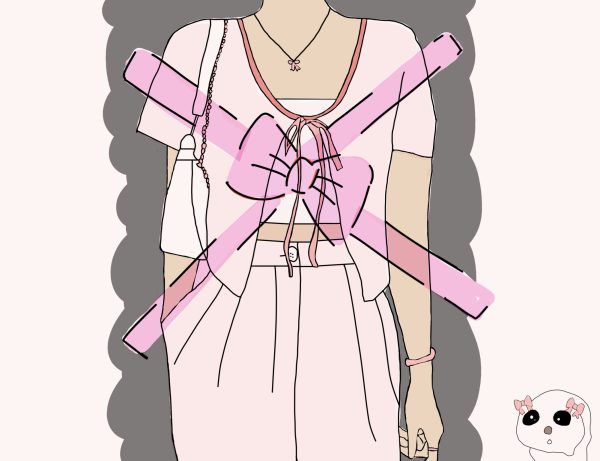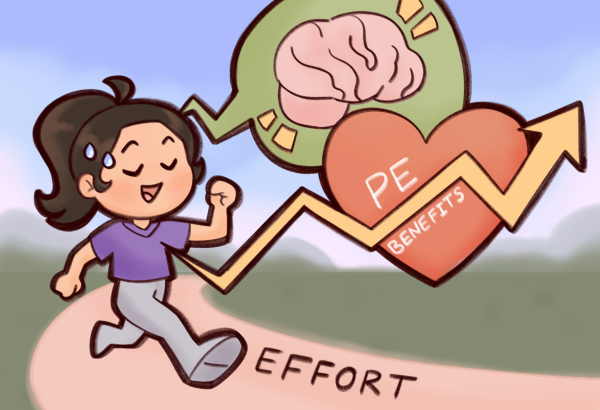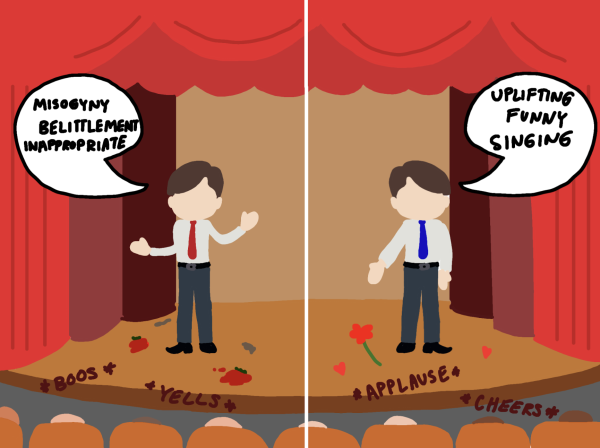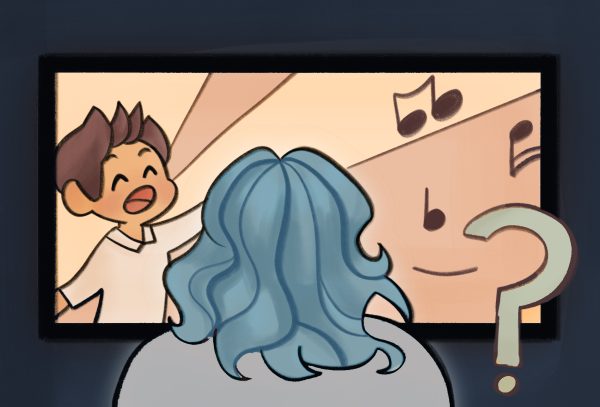To Manage AP-Related Stress, Student Initiative Is the Key to Success
While students may challenge themselves by taking on a rigorous course load packed with APs, they should have the self-knowledge to drop courses if their mental health falters.
As students scramble to prepare for their upcoming AP exams, many begin to experience the consequences of cramming: losing sleep, ignoring daily routines, reading the same lines in a textbook for the second or third time. Whether this proverbial “hell month” is a bug or built into enrolling in AP courses, students are ultimately responsible for choosing a quantity of AP courses they deem manageable.
Without a doubt, the collective stress of AP test takers at Portola High is not a tradition that exists inside a vacuum. A 2019 study published in the Journal of Human Resources found that students enrolled in science-based AP courses suffer from increased stress and poorer unweighted grades compared to their non-AP classes affecting their GPA.
Part of the issue stems from students’ initial enthusiasm to fill their schedules with weighted courses in their junior year, a phenomenon spurred by sophomores only being able to enroll in three AP courses and underestimating the demands of taking more AP courses simultaneously.
The three available AP classes include AP Human Geography, an exam with a pass rate of 59% nationwide in 2020, AP Computer Science at 70.5% and AP Art History at 68.7%, according to the College Board. Despite these daunting results, AP classes still appeal to many students because they can satisfy course requirements and demonstrate academic abilities to collegiate institutions.
“I will make you a deal. If we offer two [APs] for freshmen and two for sophomores, I would do it today. I have no power to do this, but I will do it today if you’ll commit to no more than three APs for junior and senior year,” social studies department chair Jon Resendez said. “If it’s really about mental health, then it’s really about spreading it out.”
While the rigor of taking an AP course justifies a boost to one’s GPA, this extrinsic motivation can only take a student so far, despite Irvine’s collective culture of prioritizing academic success to a fault.
“This is probably true for other students, but especially for me, the ‘AP’ in front of the course is kind of what attracts you to it, because AP gives you the bump, and it’s also recognized by colleges,” junior Anne Wu said. “So everyone knows that AP is intense. Whereas if you have a course that’s fun at school, but it doesn’t have the AP acclaim or AP prestige to it, people like me might not want to take it.”
At the same time, choosing a balance of challenging courses while setting aside time to explore personal interests is a delicate dance in discovering one’s own limits as a student.
“Honestly, I think that students should be given the freedom to take whatever classes or APs they want, but I do understand completely the mental health aspect of it,” senior Saad Siddiqui said. “If I could go back and had the option, I would have spread out the APs I took throughout each year of high school. I think my workload would have been more manageable, while also getting all benefits of the classes and the AP test credit itself.”
Students who wish to explore their academic interests in low-pressure and self-paced environments have a wealth of opportunities. Massive open online courses such as Coursera and edX allow students to deepen their knowledge by offering thousands of courses taught by experts, with the former adding 10 million new users in the wake of the pandemic, according to the New York Times.
It is ultimately incumbent on students to space out their AP coursework throughout their four years of high school lest they overload these courses in their junior and senior years. If the result of deliberation and purposeful conversation with teachers and counselors is that the student is capable of meeting the full requirements of an AP or Honors course, then they should make the decision for themselves to select a weighted option.
Your donation will support the student journalists of Portola High School. Your contribution will allow us to purchase equipment and cover our annual website hosting costs.

Emma Haag is the 2021-2022 Sports Editor for the second year, and it is her third year as a part of the Portola Pilot. Emma has a strong interest in sports...
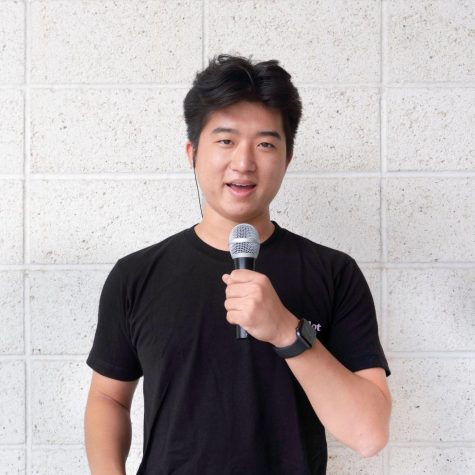
Ryan Jung is the co-managing editor of the Portola Pilot. He is looking forward to working in the newsroom three times a week and communicating with Pilot...
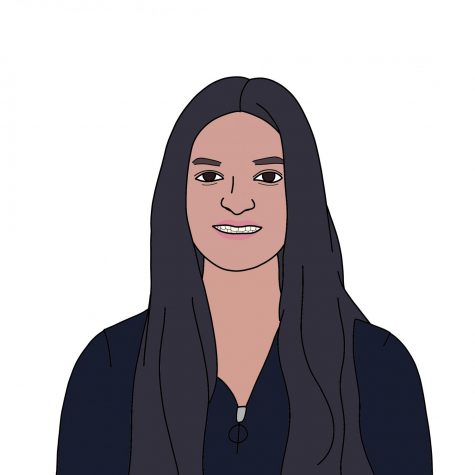
Krisha Konchadi is the front page editor this year on the Portola Pilot. Along with editing and creating the front page, she loves making graphics and...



